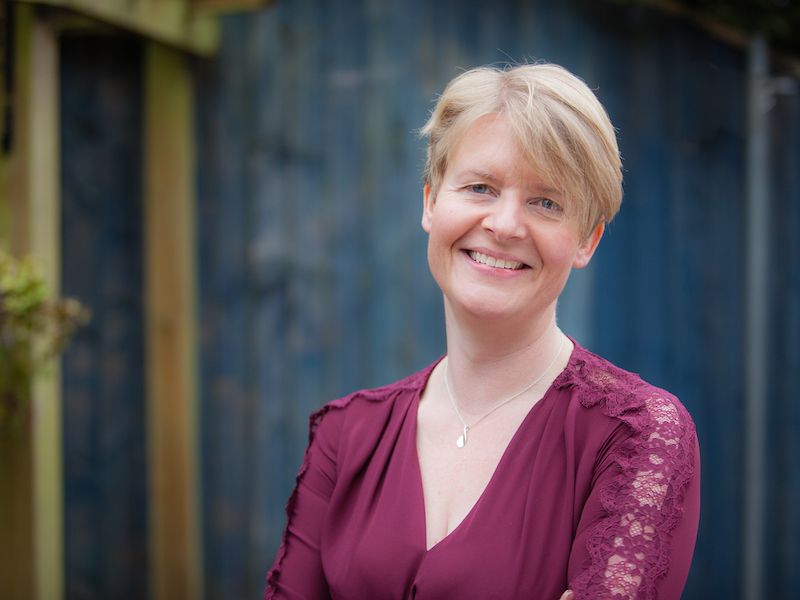
Article by Vanessa Pritchard-Wilkes, Head of Strategic Engagement at Housing 21
In the UK, there are around 3.5 million women over 50 currently in employment, 25% of whom suffer severe menopause symptoms.
It’s been estimated that around 10% of this number will stop work altogether because of menopausal symptoms, which represents a lot of lost labour, skill and knowledge.
Just recently, the British Medical Association found a strong pattern of highly experienced women leaving GP partnerships, ending their positions as clinical leaders and directors and leaving medicine early, because they were struggling to cope with menopause symptoms with no support from management or peers.
There has also been a recent shift in perceptions as employees are having to wear masks for long shifts, enhancing and aggravating menopause symptoms. I realised this first-hand during a presentation to care workers about the strategic direction of the organisation. There was a scramble to sit by the window, followed by impromptu fans made out of the literature I’d put on chairs.
The truth is, who could concentrate and take in what was being said when they were so physically uncomfortable? This is what prompted me to start our work around the menopause. Over 40% of our staff are women over the age of 50 and, after a little fact finding through a survey, we realised many of them are experiencing symptoms of the menopause which are impacting them physically, emotionally and psychologically.
So, we now have a menopause policy which whilst giving guidance also helps affected staff start what was once a taboo conversation. There is a budget for staff to buy fans (whilst recognising that hot flushes are only one symptom), a dedicated section of our intranet for resources, and #menovists – staff who proactively speak about the menopause and can signpost people. I think we are making a difference to the experience of menopausal women.
We have also developed training materials and guidance for managers which have really impacted the business. Recently, a Housing and Care Manager contacted me to ask for some resources around the menopause – a couple of strong, longstanding members of his team suddenly changed their behaviours and attitude towards work and he couldn’t understand why.
Only after having proper conversations did he discover they were really struggling with symptoms of the menopause. He was signposted to resources which he has now used to create a menopause wall in his wellbeing suite, and staff were also given support by one of our #menovists.
A member of his staff who is going through the menopause mentioned that the new menopause policy takes away the isolation. Colleagues know that they are not alone; others are going, or have already been, through this normal change in their lives.
Implementing a policy that addresses their concerns, creates a friendly and welcoming environment where menopausal women are not afraid to have real conversations. Staff also know that they can speak about it knowing that it will be taken seriously by their line managers and the organisation.
Care workers have continued to give their everything to the people they care for throughout these challenging times, while many are experiencing monumental changes in their lives. Being afraid of talking about menopause in the workplace should be the least of their worries.
Workplaces in the UK should see the menopause just as naturally as they see maternity. As women spend a great proportion of their life, and working life, during menopause, there are clear business reasons for proactively managing an age-diverse workforce, recognising the effects of the menopause and providing the appropriate support.
About the author
 Vanessa joined Housing 21 in 2014, initially as External Affairs Manager. In 2015, she took on the role of Head of Strategic Influence, a team which includes Research, Communications, PR and Marketing.
Vanessa joined Housing 21 in 2014, initially as External Affairs Manager. In 2015, she took on the role of Head of Strategic Influence, a team which includes Research, Communications, PR and Marketing.
She also leads the organisation’s strategic work around dementia, and external stakeholder engagement. In 2017, Vanessa co-authored the Dementia-friendly housing guide with the Alzheimer’s Society.
Vanessa has over 20 years’ experience in a range of public, private and public sector organisations and has gained considerable experience in research, evaluation, public policy and stakeholder engagement. She completed her PhD at the University of Birmingham in 2014.
WeAreTheCity covers the latest female centric news stories from around the world, focusing on women in business, careers and current affairs. You can find all the latest gender news here.
Don’t forget, you can also follow us via our social media channels for the latest up-to-date gender news. Click to follow us on Twitter, Facebook, Instagram, and YouTube.








